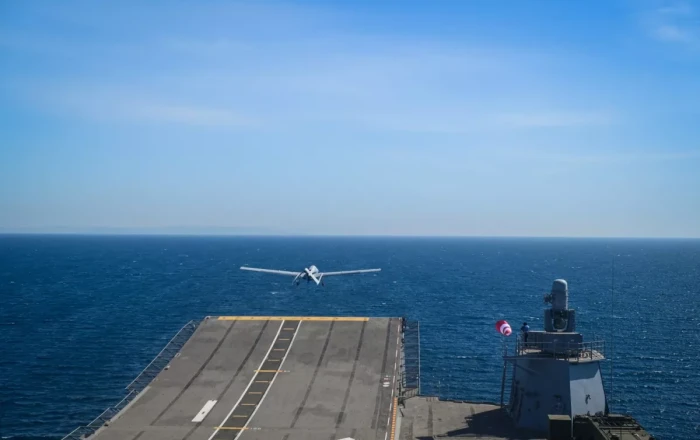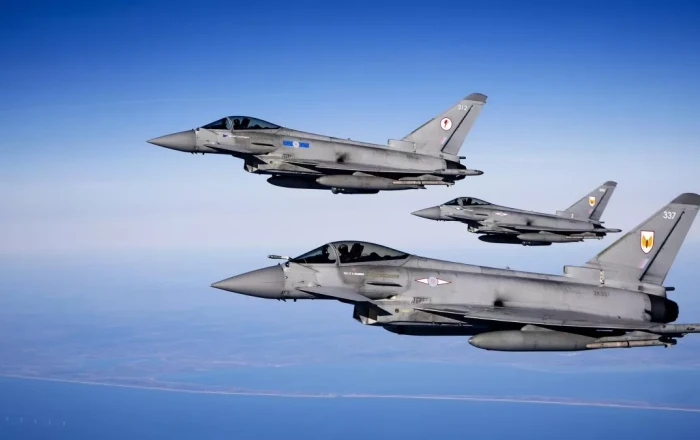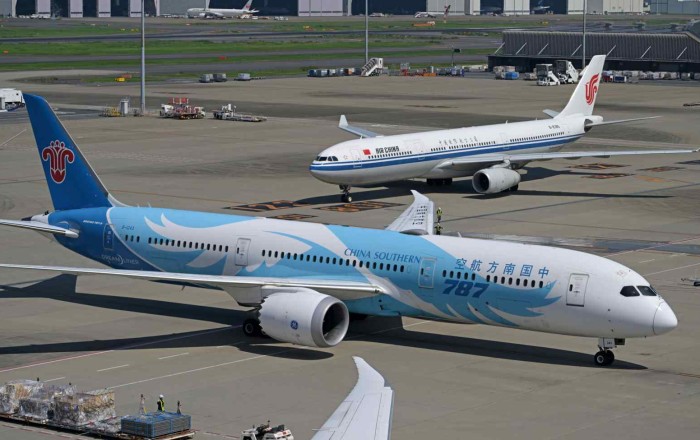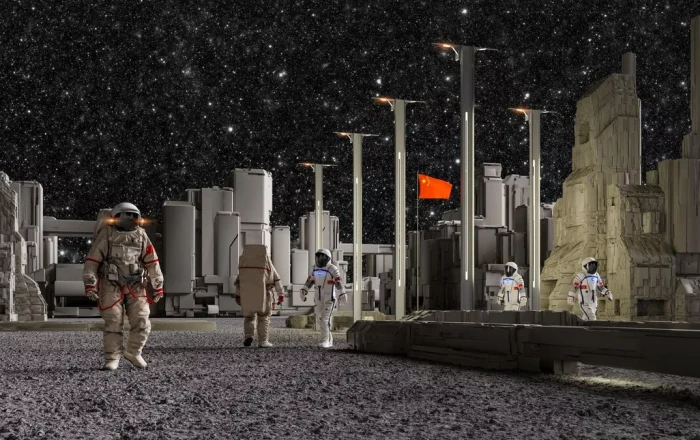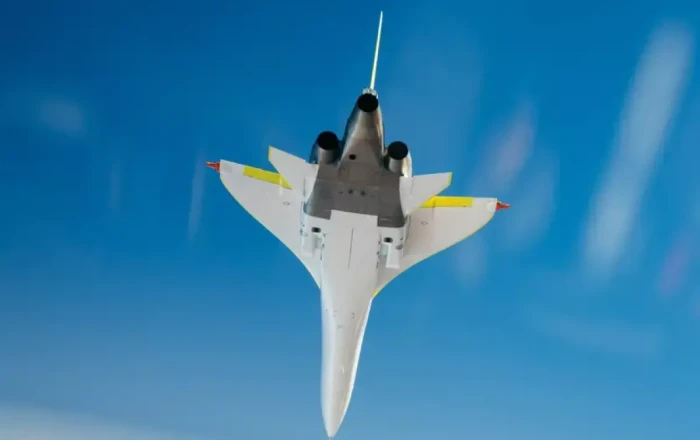The Robdozer is a heavily fortified, remote-controlled engineering vehicle of the Israeli military. At a glance, the bulldozer stirring up dust at a testing ground in central Israel looks typical but as it nears, one key detail stands out: the cab is empty.
Developed by Israel Aerospace Industries, the Robdozer eliminates the need for a human operator inside the vehicle, keeping soldiers out of harm’s way. The AFP agency has taken a closer look at this vehicle and its special features, published via France 24. "The idea is to eliminate the person from the cockpit of the dozer," explained Rani, an engineer involved in the project who shared only his first name for security reasons.
The Robdozer is a robotic version of Caterpillar’s D9 bulldozer, a longtime staple of the Israeli military. Traditionally used to clear terrain, remove debris, and prepare roads for advancing troops, the D9 has taken on new form and functionality as combat becomes increasingly tech-driven.
Since the outbreak of war in Gaza in October 2023, and later in Lebanon, Israel has expanded the use of robotic systems like the Robdozer to bolster frontline capabilities while minimizing risk to personnel. Rani noted that in some operations during the Gaza conflict, the Robdozer even outperformed its human-operated counterpart.
While the current models remain human-controlled, future iterations could be fully autonomous — a shift that raises significant ethical and legal questions. Israel's battlefield innovations, including advanced air defense systems and AI-powered intelligence tools, have drawn both praise for their sophistication and criticism over concerns about accuracy, oversight, and compliance with international law.
Experts say the Robdozer signals a larger trend in global military strategy: the move toward automation in combat. Other armies are also developing drone-like vehicles, including remote-controlled personnel carriers and unmanned ground systems for logistics and combat support.
An anonymous Israeli military official told AFP that while robotic tools have been used in small numbers for over a decade, their role is now expanding rapidly in large-scale combat. Troops can operate heavy machinery remotely, reducing the need to physically enter hostile territory.
Andrew Fox, a retired British army major and fellow at the Henry Jackson Society, said Israel is likely the first nation to deploy remote-controlled heavy machinery in an active war zone. “It’s a significant development,” he said. “This changes the paradigm — it can do the job just as well, but with far less risk to human life.”
John Spencer, chair of urban warfare studies at the U.S. Military Academy’s Modern War Institute, echoed that sentiment. “This is the future,” he said. “Many militaries have been experimenting with remote-controlled combat systems, but none have put them directly into modern combat at this scale. It’s truly unique.”
As warfare evolves, the Robdozer may be one of the clearest signals yet of where the battlefield is headed — toward automation, remote control, and perhaps eventually, autonomy.
By Nazrin Sadigova
Source: caliber.az




